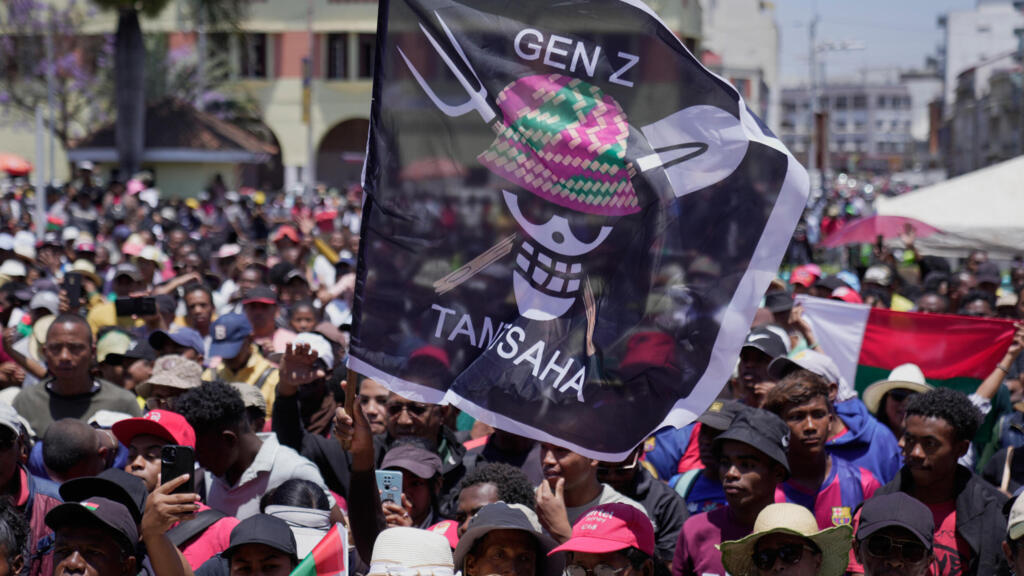
More than a month after young people in Madagascar began protesting, winning the support of the military, a new government was sworn in. It was one of the most striking demonstrations of how Gen Z movements around the world are organising to demand basic public services and fundamental rights. Three young Malagasy tell RFI what drove them onto the streets, and what they hope for next.
“My own personal experience of Gen Z Madagascar was very distressing and freeing at the same time,” said 26-year-old Rocks, one of the driving forces behind the movement.
“I felt like I was sending people to their deaths as we were being gassed, shot at, brutalised and arrested by the police. I cried so much until the military joined us,” he told RFI.
Young people began demonstrations in the capital Antananarivo and five major cities on 25 September. Angered by incessant power outages and chronic water shortages, they demanded that then president Andry Rajoelina step down.
The gendarmes intervened, at least 24 people were killed within a few days, according to the United Nations, including a baby who died after inhaling tear gas.
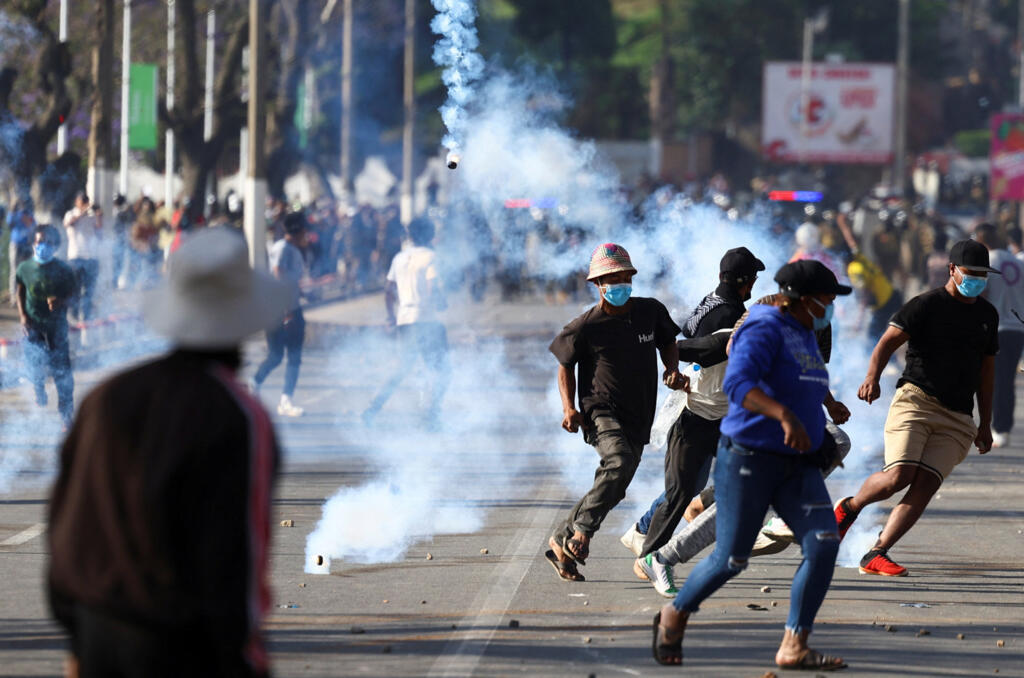
“I knew that things were going to change because we, the Malagasy people, seldom demonstrate and we never protest even when we feel that things have gone too far,” said Sariaka Senecal, one of Gen Z Madagascar’s spokespeople and a diplomatic relations officer.
She joined the movement from the outset, chatting on the group’s Instagram page with a handful of local and diaspora followers in the United States, France, Germany, Canada and Mauritius.
Her family doubted that her posts on social media could bring about change.
“Throughout the uprising, I was torn between hope and despair. I was scared of being thrown into jail, I was afraid for my life, for my family because I decided to speak out,” she told RFI.
“There was this all-powerful mafia of the former regime who could just do anything.
"The first time I finally agreed to speak on camera for an interview, it was for Brut, an online French media; that meant we could reach a wider audience. Afterwards, I locked myself at home because I was much too afraid to go out."
Global generation
Gen Z Madagascar launched on 18 September on Instagram and on 21 September on Facebook.
When I was starting this movement, I was really scared, everyone who dared to stand up got arrested or disappeared. Despite all those risks I did it because water and electricity are basic human rights.
Rocks, Gen Z Madagascar
Rocks’ journey started three years earlier, when a whistleblower friend of his started to write about what he called the corrupt activities of the Rajoelina regime on his Facebook page. When his friend was arrested in October 2022, Rocks promised to continue his fight.
The whistleblower was released on 15 October of this year after former president Rajoelina was ousted and the military took over.
Rocks said he knew it was the right time to strike when he saw Gen Z movements rising across the globe – in Sri Lanka, Bangladesh, Indonesia, the Philippines, Timor-Leste, Peru, Morocco, Kenya and Nepal.
“There was this wind of change blowing, I realised this was our time to light up the fire and stand up for our rights. It pushed me to call on the young people to rise against corruption, dictatorship, human rights being trampled,” he added.
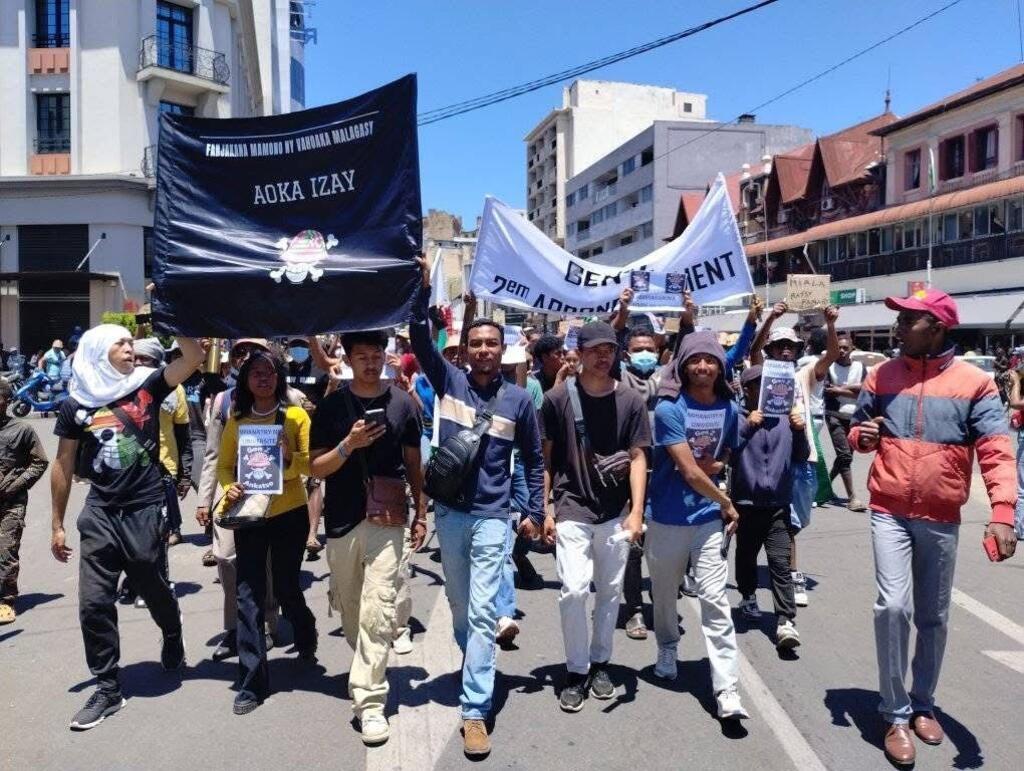
Around the world, members of Gen Z – people born between the late 1990s and early 2010s – rallied under the flag of Monkey D.
Luffy, the fearless pirate captain of manga series One Piece. They identify with his quest to fight corruption and the authoritarian “World Government”.
Gen Z Madagascar made the flag their own with the addition, designed by artist Paiso Be, of a traditional Malagasy worker’s straw hat.
The group in Madagascar said that Gen Z Nepal’s solidarity inspired them. Especially the viral speech by 16-year-old Avishkar Raut that urged young people to be the instrument of change.
“They managed to topple a corrupt government in 72 hours. They literally showed us how strong the people are when they stand united,” Rocks said.
How football mega tournaments became a lightning rod for Morocco protesters
How Gen Z is taking the fight for their rights from TikTok to the streets
'Silence was unbearable'
Some members of Gen Z Madagascar were pulled in very young. Aïko Rakiry, a 17-year-old in her final year of high school in Antananarivo, said that the daily power cuts gradually became insufferable.
“We’d wake up in the dark, try to get ready for school with a flashlight, and come back home to the same darkness again,” she told RFI.
“One evening, while I was studying for an exam, the electricity cut off right in the middle of a practice test. I remember sitting there, staring at my dead laptop screen, and thinking: ‘How are we supposed to build a future like this?’
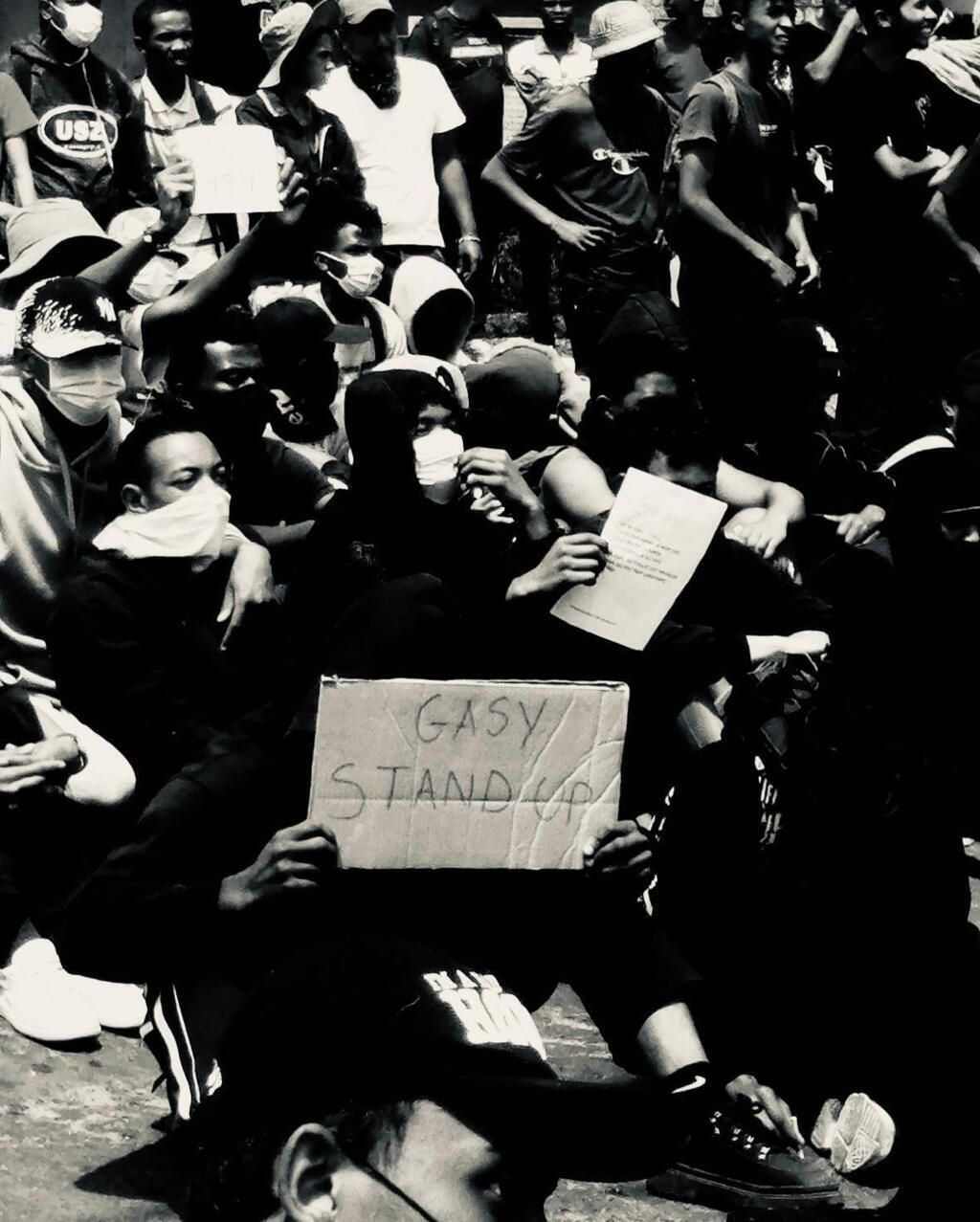
“That’s when something inside me snapped. It wasn’t just about electricity anymore; it was about dignity. About being young and feeling invisible in your own country.
“So I decided to join Gen Z Madagascar, not because I wanted to make noise, but because silence had become unbearable.”
Aïko joined the online communication and community management team. It was intense, she says: they were getting thousands of messages of people asking where to meet, how to stay safe, along with messages of support from all over the world.
“Even from behind a screen, I could feel the strength of everyone’s pain, anger and hope.”
She recalls a picture where a masked protestor held up a sign with the words, “We asked for light, they gave us death”.
The power of collective energy, how so many young voices coming together can create a real change, how strong we can be when we believe in the same cause.
Aiko Rakiry, Gen Z Madagascar
Turning point
The protests were marred by violence, criminal gangs and looters took advantage of the chaos, especially in Antananarivo, where many shops were destroyed.
“It was heart-wrenching for me to see the looted places and knowing so many people lost so much. I was out of tears that day. I never wanted that,” said Rocks.
The balance of power shifted on 11 October – two weeks after the protests started – when Colonel Michael Randrianirina, commander of the Capsat military unit, openly defied orders from Rajoelina.
In a video, he said that the armed forces refused to open fire on “friends, brothers and sisters”.
Rocks recalled his reaction: “Free at last! These were the first words that I shouted when the army sided with us.”
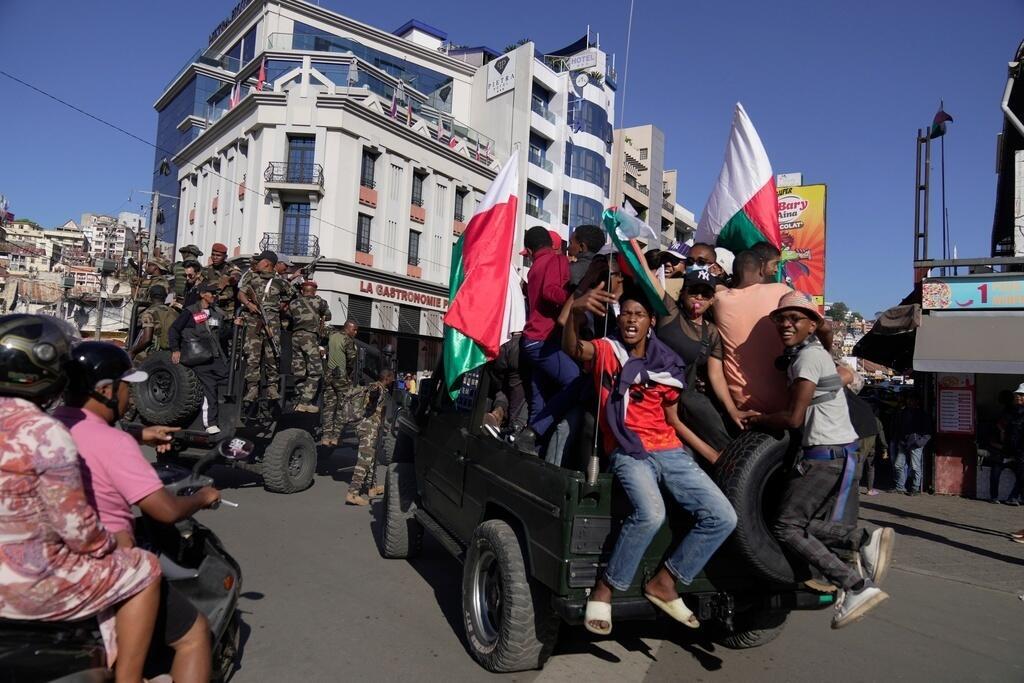
The next day, Rajoelina was evacuated from Madagascar on a French military aircraft. On 14 October, the national assembly voted to impeach him, and the Constitutional Court asked Randrianirina to step in as head of state.
He was sworn in on 17 October, pending elections in 18 to 24 months’ time. A transitional government was formed on 28 October, headed by a civilian prime minister.
On the day he became president, Randrianirina said: “We must take the opinion of the youth to the politicians and all the decision-making groups.”
How Madagascar's new leader Randrianirina rose from prison to presidency
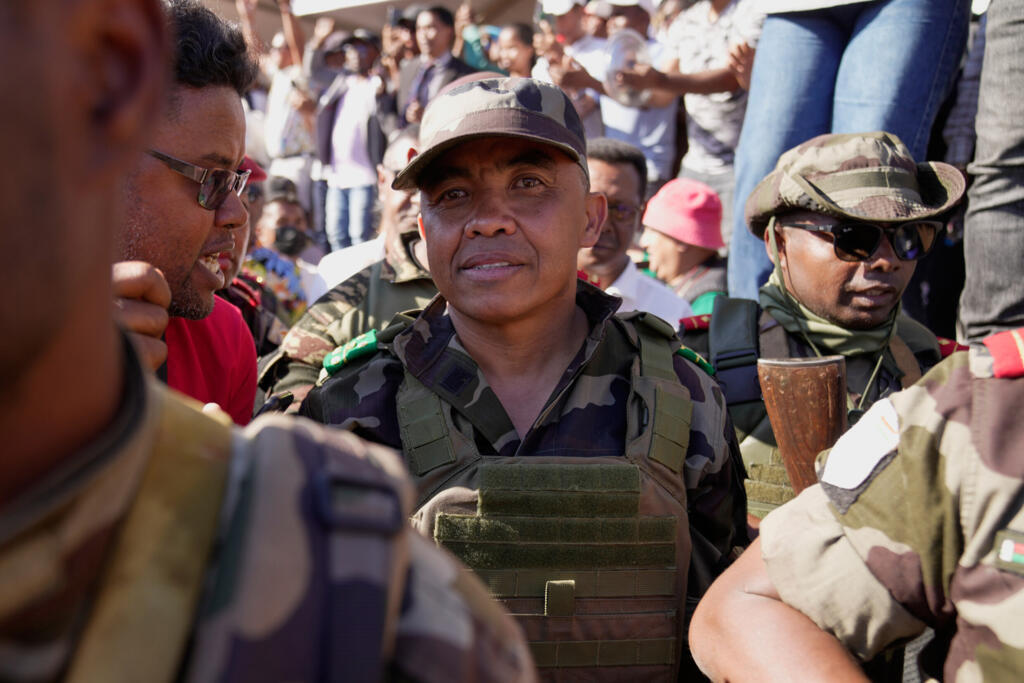
Sariaka is cautiously optimistic.
“From my discussions with the presidency, it appears that the current president is intent on including the youth in his political agenda and taking our proposals into consideration,” she said.
“Of course, I am not that naive – other factions in the government will resist our input, but this is where Randrianirina’s determination and our trust may be tested.”
Rocks warns that the new government should be aware that power is in the hands of the people and “we can take it back anytime”.
He wants to see independence of the justice system restored. “Root out the judges and magistrates who were influenced by power, by politicians. This is how we will be able to put corrupt people into prison,” he said.
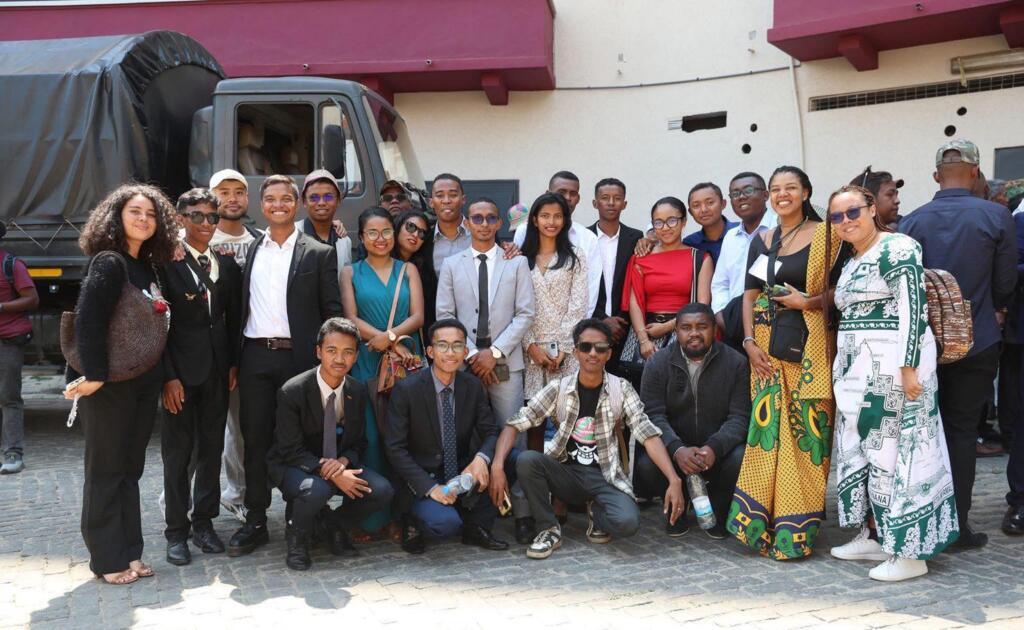
A lawsuit filed by a member of Gen Z Madagascar in Mauritius on 14 October enabled the country’s Financial Crimes Commission to investigate powerful businessman Maminiaina “Mamy” Ravatomanga, a close ally of Rajoelina, for embezzlement, money laundering and illicit transfer of funds between Madagascar and Mauritius.
Around $180 million of his assets held in four Mauritian banks have been frozen. Mamy reached Mauritius on a private jet on 12 October and was arrested on 24 October.
The land of the young
In 2024, according to the World Bank, 8 percent of Madagascar's 30 million people lived below the poverty line with a daily income of around €1.80.
Among other changes, Gen Z Madagascar wants “prohibitive internet rates” to be reviewed. “Access to internet should not be a privilege for a few but accessible to all,” the movement wrote on 30 October.
“In five years, I will be 31. I would like to live in a peaceful Madagascar, having a decent job and not have to worry about water or electricity. A country where it will be safe to go out at night, where I will be free to speak my mind,” Rocks said.
“The last seven years under Rajoelina were seven years of fear. We wouldn’t dare to openly discuss politics or criticise him and his cronies for fear of being arrested, or even disappear.”
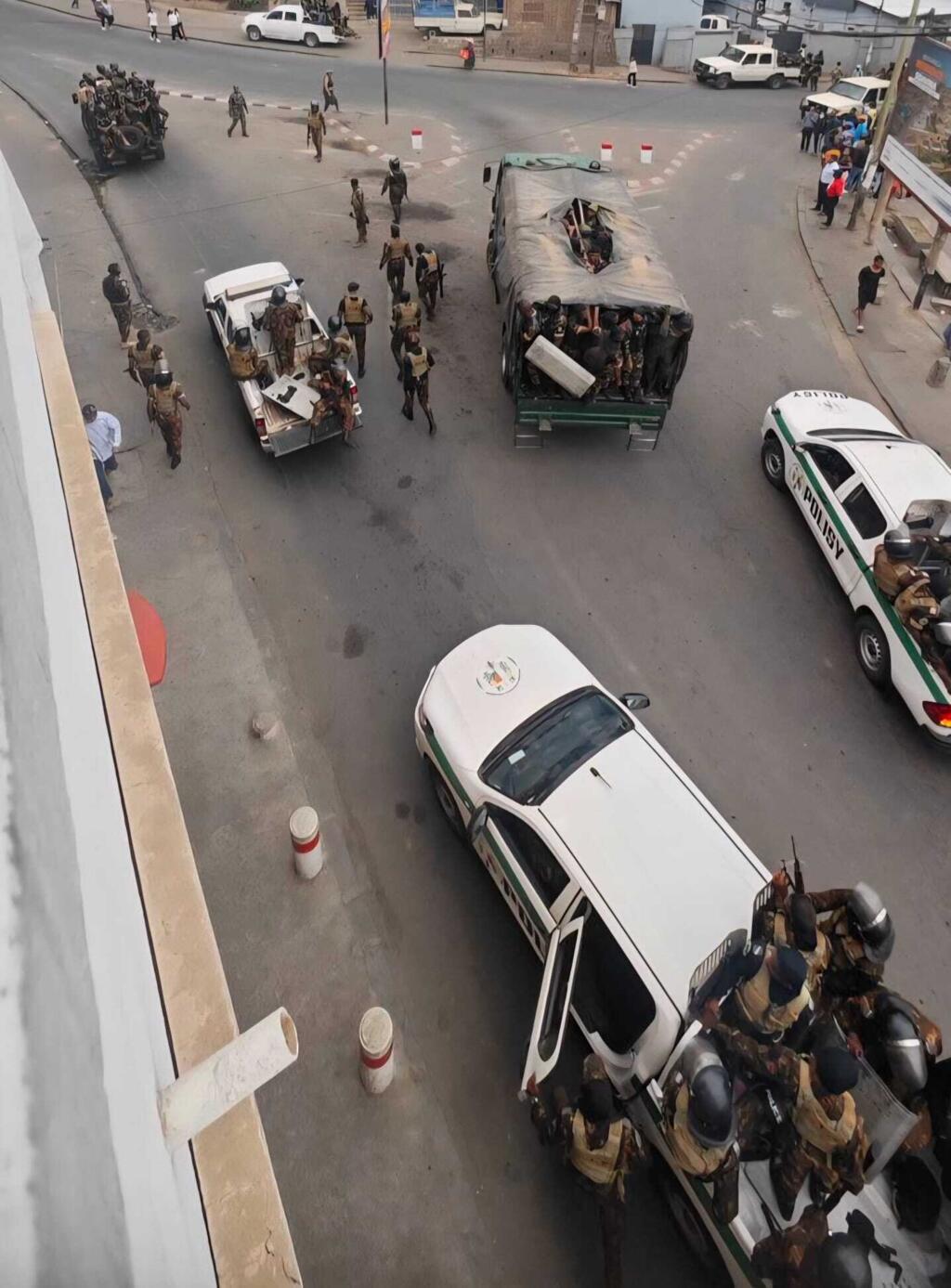
Sariaka says Gen Z changed her life by giving her a purpose. She is far from the carefree 22-year-old student reading Middle Age literature.
“I also feel like I am walking in the footsteps of my grandfather. In 1972, he too was demonstrating in the streets for a better Madagascar.”
At that time, protestors demanded “Madagascar for the Malagasy people”. They argued that, despite its independence in 1960, Madagascar was still under the rule of France, its former colonial power.
The uprising culminated in the shooting of over 40 peaceful protesters and the resignation of the country’s first president.
Gen Z Madagascar is my destiny. I always wanted to bring light on the injustice in my country. I want to reduce that difference and give a better quality of life to the average Malagasy person.
Sariaka Senecal, Gen Z Madagascar
“It is as if I am continuing the fight my grandfather never had the chance to see through,” she said. “As if I am the bridge between the Tanindrazana, land of the ancestors, and the Taninjanaka, land of the children.
“As if my legacy is to end this cycle so that my children, my grandchildren do not have to fight for a better Madagascar.”







